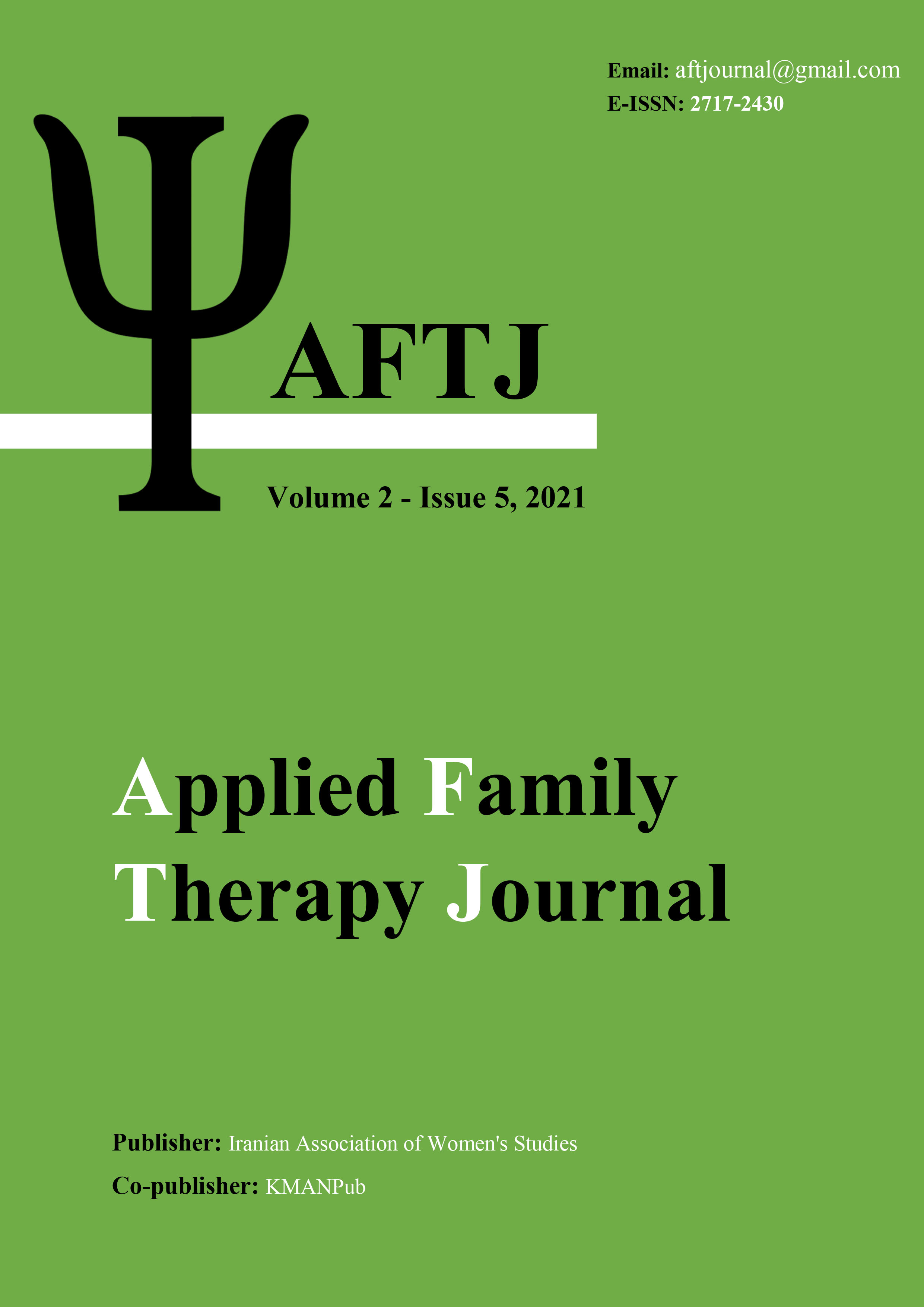A causal model of maladaptive schema based on cognitive flexibility and preferring coping strategies with the mediating role of emotional intelligence during home quarantine conditions caused by the Coronavirus pandemic
Keywords:
Maladaptive Schema, Emotional Intelligence, Cognitive Flexibility, Coping Strategies Preference, Coronavirus PandemicAbstract
Aim: The present study aimed to investigate the relationship between maladaptive schema with cognitive flexibility and preference for coping strategies with the mediating role of emotional intelligence in e-learning during home quarantine due to the Coronavirus pandemic. Methods: Structural equation modeling was used to determine the model fit index. The study's statistical population included all the teen girls in senior high schools in Tehran (the academic year 2020-2021), and the sample size was 511 people. Research data were collected using Young's maladaptive schema questionnaires (1998), Dennis and Vander Wal cognitive flexibility questionnaires (2010), preference of coping strategies by Carver, Shearer, and Winthrab (1989), and Schering (1996) emotional intelligence questionnaires. The data were analyzed using structural equations. Results: The findings indicated that the effect size of cognitive flexibility on maladaptive schemas was moderate (0.092), the effect size of cognitive flexibility on emotional intelligence was moderate (0.089), the effect size of coping strategies preferences on maladaptive schemas was strong (0.400), the effect size of coping strategies preferences on emotional intelligence was moderate (0.082), and the effect size of emotional intelligence on maladaptive schemas was moderate (0.085). Furthermore, since the values of t value for the relationship between the variables were greater than 1.96, it will be indicated that there is a significant relationship between these variables, and therefore the examined model has a good fit to explain maladaptive schemas among teen girls. Conclusion: The Coronavirus pandemic condition has probably empowered maladaptive schemas such as "vulnerability to harm and disease", "social isolation / alienation", "abandonment / instability", "strict criteria" and, also, schemas of "failure", "dependence / inadequacy", "distrust / abuse" and "defect / shame".
Downloads
Downloads
Published
Issue
Section
License

This work is licensed under a Creative Commons Attribution-NonCommercial 4.0 International License.





















